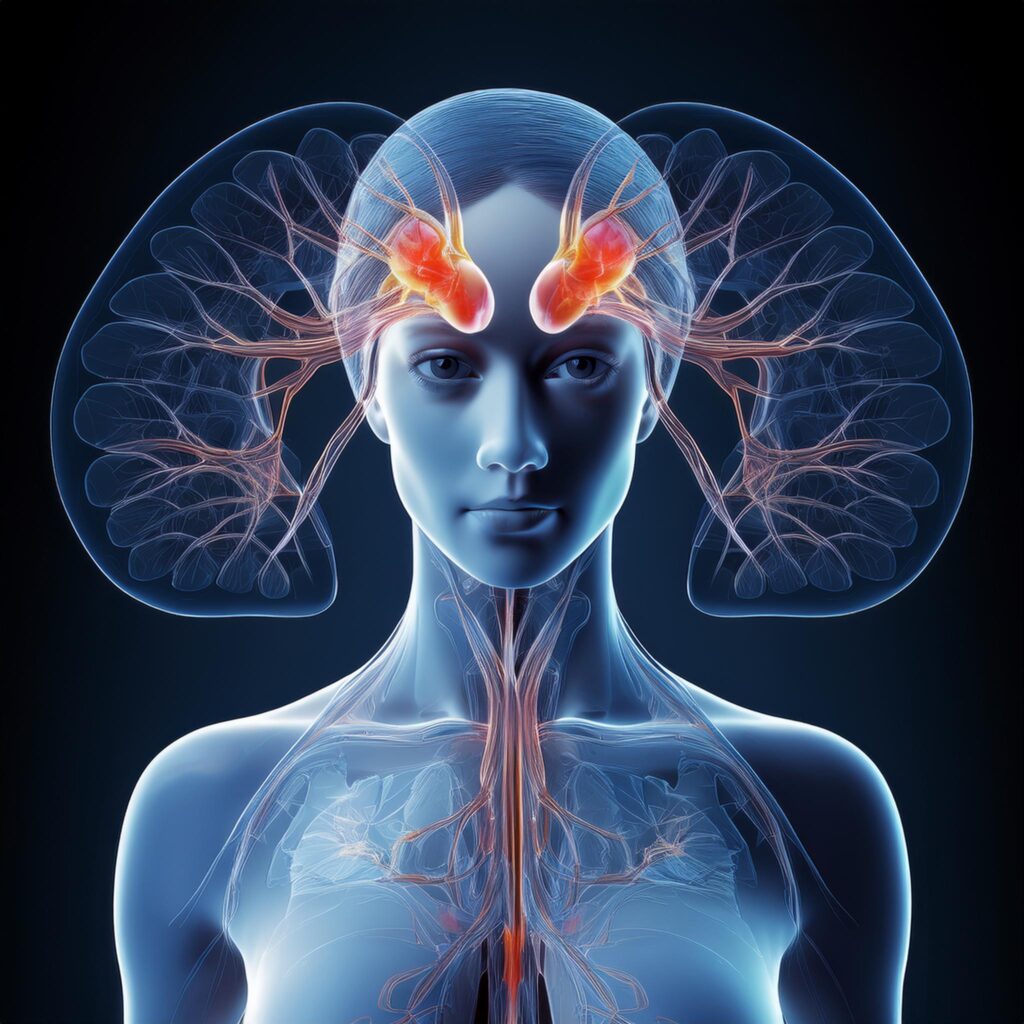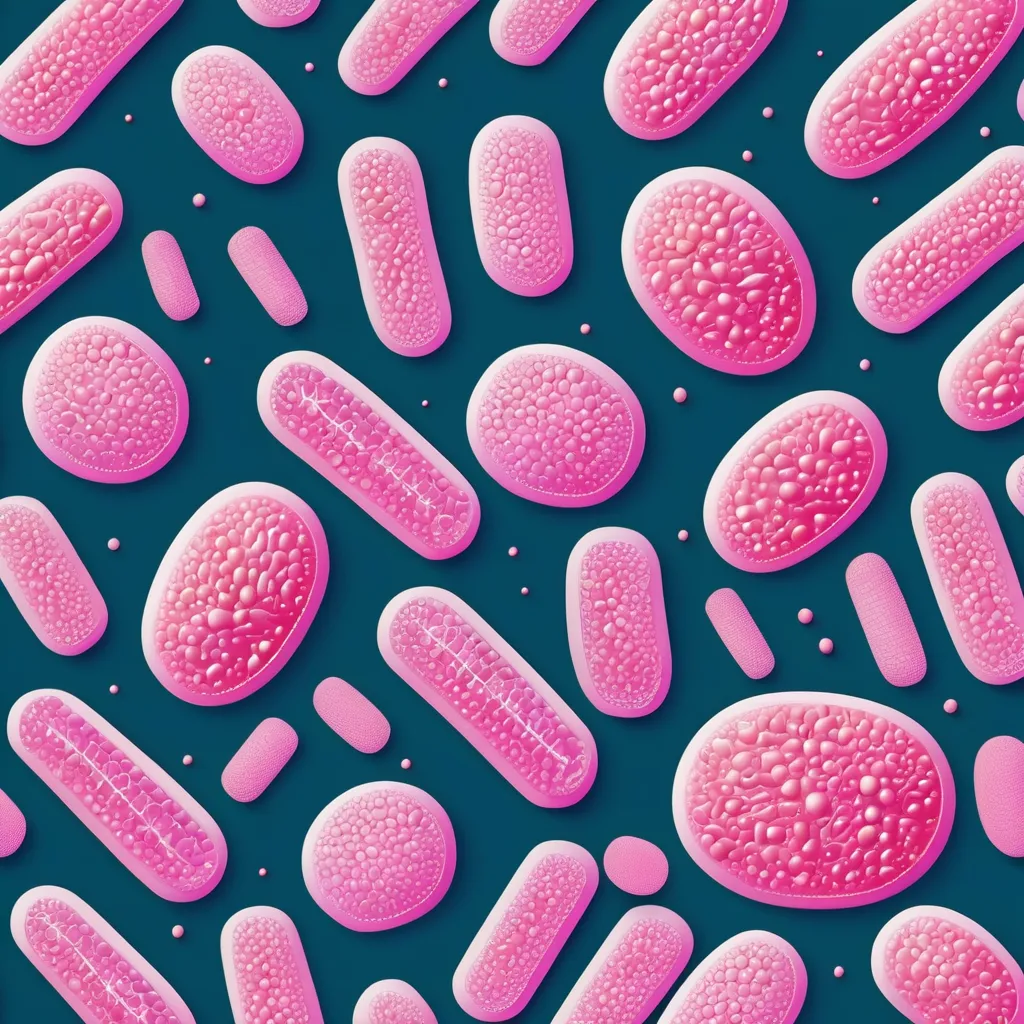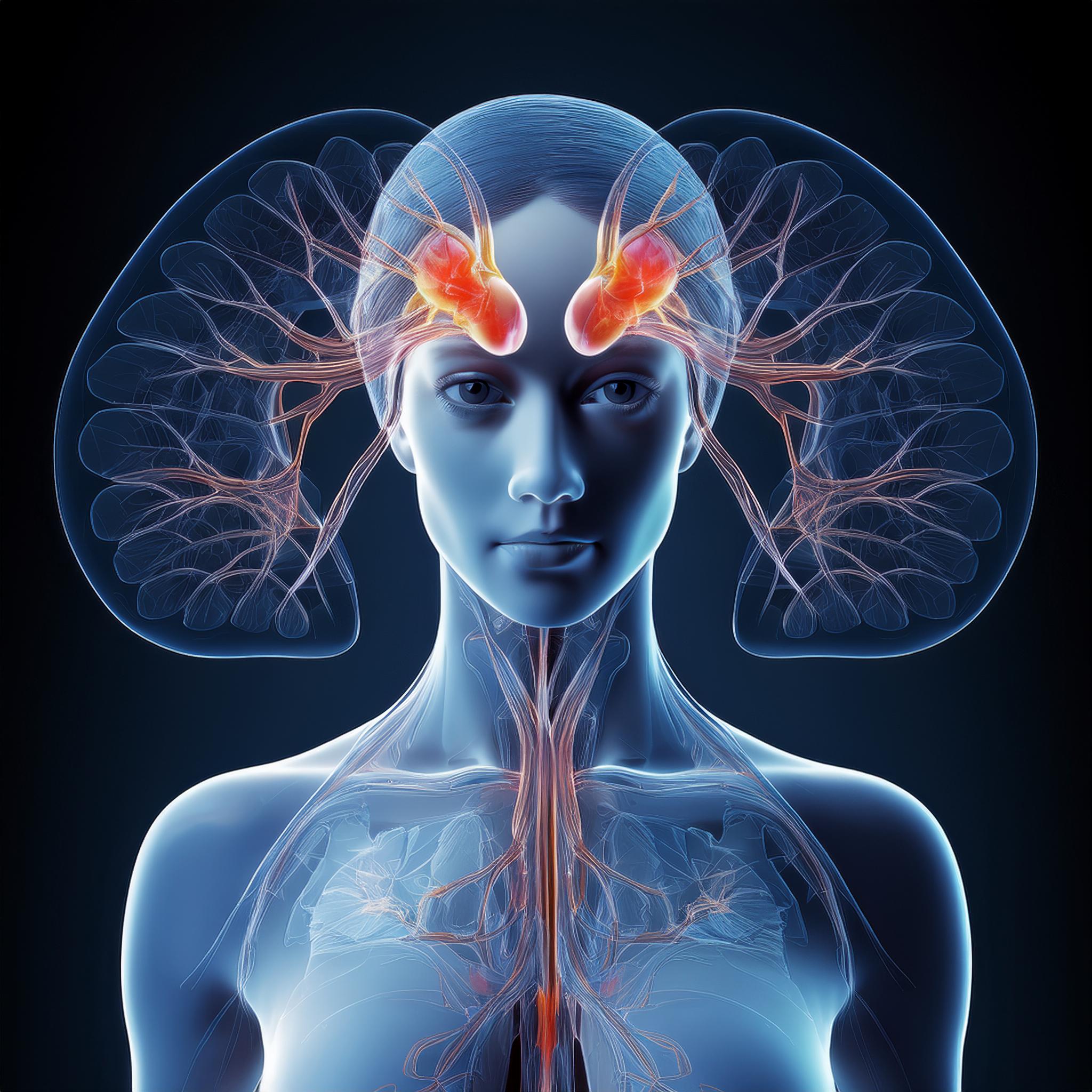
Introduction
Addison’s disease is a very rare yet serious disease affecting the adrenal glands. Adrenal glands are small, almond-shaped organs located on top of each of your kidneys. They work to produce hormones that enable your body to act as it should. In Addison’s disease, the adrenal glands cannot produce enough of some of these hormones, specifically cortisol and aldosterone, which are needed to live. Without them, the body can’t even react to stress, adjust blood pressure, regulate fluid levels, or maintain sugar in blood.
This is a blog post on what is Addison’s disease, what could cause this condition, symptoms, diagnosis, and in practice treatment for such a situation.
At the end of this adventure you will have a very powerful sense of how little understood a condition this one is, as well as how that’s affecting that population.
1. What is Addison's Disease?
Addisons disease, or primary adrenal insufficiency, is described as the deficiency of production of cortisol and aldosterone in the adrenal glands. These hormones are necessary for the following body functions:
1.1. Cortisol supports the body in struggling against stress, regulates blood sugar content, suppresses inflammation, and metabolism.
1.2. Aldosterone maintains the blood balance of sodium and potassium. Accordingly, it balances the level of blood pressure and bodily fluids within an individual organism.
Because of adrenal impairment and their inability to function optimally, thus less production of the hormones mentioned in this step is a form of obstruction or weakness to the defense mechanisms and leads to a system that cannot maintain its basic functions properly.
2. Causes of Addison's Disease
Some of the reasons why adrenal glands cannot produce enough hormone to bring them this medical condition known as Addison’s disease are; the major cause including;
2.1. Autoimmune Disorder
Autoimmunity-based Addison’s disease is the most common cause. The condition arises when your immune system mistakenly attacks and destroys parts of your adrenal glands in such a way that they result in less than adequate hormones. Some people with a condition such as Type 1 diabetes or Hashimoto’s thyroiditis could be at risk of this condition known as Addison’s disease, due to such an immune system.

2.2. Infections
Some infections, such as tuberculosis (TB), directly strike the adrenal glands and may cause Addison’s disease. It might be that because of the fungal infection, HIV infection, or even cytomegalovirus, the adrenal glands were damaged.
2.3. Adrenal Gland Cancer
Appearance of the cancer or other tumors in the gland is a probable cause of Addison’s disease. This is so because these cells may have damaged the glands or even had to be completely removed surgically.
2.4. Genetic Disorders
Some cases of Addison’s disease are inherited by some families. Other relatively rare genetic conditions, known as congenital adrenal hyperplasia, affects the adrenal glands, and interferes with its activities and hence causes hormone deficiency.
2.5.Other Causes
The other is internal bleeding in the adrenal glands, due to the use of medicines that include antifungal or blood-thinning drugs, causes damage to the adrenal glands
3. Symptoms of Addison's Disease

The symptoms of this disease are usually progressive, and this can even make it slightly non-specific at presentation; the following are some common symptoms;
3.1. Fatigue and Weakness

Most of the patients with this condition end up very tired and weakened regardless of adequate rest since their lowered levels of cortisol may influence their stress-relation capacities to uphold high levels of energy.
3.2. Unaccounted Loss in Body Weight
With such diverse causes like bad appetite and the general weakening of the muscles, not to mention that the body fails in controlling its metabolism, it is quite sure that a person with Addison’s disease most probably loses weight for no apparent reason.
3.3. Low Blood Pressure
Aldosterone plays an important role in controlling the level of blood pressure. A patient with Addison’s disease whose aldosterone is lower is likely to experience a problem such as **hypotension** or low blood pressure, which may be a cause of dizziness or lightheadedness and even fainting spell.
3.4. Cravings for salt
Alkalosis due to low levels of aldosterone often causes the loss of sodium; consequently, there is the loss of sodium, hence there develops a craving for salty food.
3.5. Darkening of skin, or Hyperpigmentation
Another very common presentation of Addison’s disease is skin pigmentation, which darkens typically around scars, folds of the skin, and on pressure points such as elbows, knees, and knuckles. This is due to a large amount of hormone that causes the production of ACTH or adrenocorticotropic hormone, which stimulates the melanin pigment in the body that causes the color in skin.
3.6. Nausea, Vomiting, and Diarrhea
Hormonal imbalance creates a mess in the digestive system by causing nausea and vomiting or diarrhea in digestion.
3.7. Irritability and Depression
Mood swings with irritability, anxiety, or depression are caused by hormonal changes in Addison’s disease. Mental sickness is caused by stress or fatigue due to a medical condition.
3.8. Muscle and Joint Pain
This way, generally, people affected with Addison’s disease have got drowned by muscle weakness and joint pain. Hereby, because a low level of cortisol works to keep both muscles as well as the joints healthy in the human body.
4. Diagnosis

Since the symptoms are highly generalized and resemble those of other diseases, it is very difficult to diagnose this disease. When a doctor thinks that it is Addison’s disease, then he or she conducts the diagnosis using the following methods
4.1. Blood Tests
In a blood test, the level of cortisol, aldosterone, and others may be measured.
It has been characterized by Addison’s disease for low levels of cortisol in blood and an elevated level of ACTH Harmon.
4.2. ACTH Stimulation Test
This measures the adrenal gland to stimulation. In this test, synthetic ACTH is infused in the body; the level of cortisol is measured before and after infusing the injection. Patients suffering from Addison’s disease should not have an increased cortisol level much after infusing the injection.
4.3. Imaging Tests
CT scans or MRIs of the adrenal glands are sometimes done to find any form of damage, tumors, or infections within the glands.
4.4. Antibody Tests
Sometimes, tests are performed on blood containing antibodies against the adrenal glands in order to verify autoimmune Addison’s disease.
5. Addison's Disease Treatment
Addison’s disease is a lifelong condition but can be well managed with proper treatment. Over-all intent of the treatment is replacement of the missing hormones in the body while trying to keep the electrolyte balance in check.
5.1. Hormone Replacement Therapy
The most usual treatment for Addison’s disease is hormone replacement therapy. This means that replacement with artificial forms of cortisol and aldosterone cannot be produced by the body. Most often, it is done with:
Substitution of cortisol by the use of hydrocortisone or prednisolone
Substitution of aldosterone by the use of fludrocortisone, which will help the patient in maintaining blood pressure as well as fluid balance.
5.2. Medication Management
They would probably have to change dosages with their meds when they are under physical stress, illness, or injury because of the cause of more cortisol from physical stress that the body produces and that one who suffers from Addison’s can’t produce inside their own bodies themselves.
5.3. Lifestyle Changes
Addison’s disease patients should lead a healthy diet, adequate rest, and reduced stress as much as possible. A high-salt diet may be advised for such patients to manage hypotension.
5.4. Emergency Treatment
Adrenal crisis or severe, sudden deterioration requires immediate treatment with intravenous fluids, electrolytes, and large doses of cortisol. It is a medical emergency and requires prompt attention.
6. Living with Addison's Disease
Most people with Addison’s disease can lead fairly active, normal lives as long as they receive proper care and management. Still, individuals are required to be vigilant and follow a treatment schedule. Regular follow-ups must take place with an endocrinologist-a doctor with training in the diagnosis, assessment, and treatment of all aspects of hormone-related disorders-to monitor hormone levels and vary their medications accordingly.
Another important aspect regarding people suffering from Addison’s disease is wearing a medical alert bracelet or carrying a card that informs people about their condition, especially in the event of an emergency.
Conclusion
Addison’s disease is a rare disease, but it is very serious and requires lifelong management. Early diagnosis and proper treatment are the keys to a healthy life with the disease. Although the symptoms can be debilitating, most people can lead active, fulfilling lives if they receive the right care. If you experience any of the symptoms of Addison’s disease, you should seek medical advice to get the right diagnosis and treatment.
This information is written by
Mr. Suhas Dadarao Avhad
Author and CEO (www.usahealthy.net)


